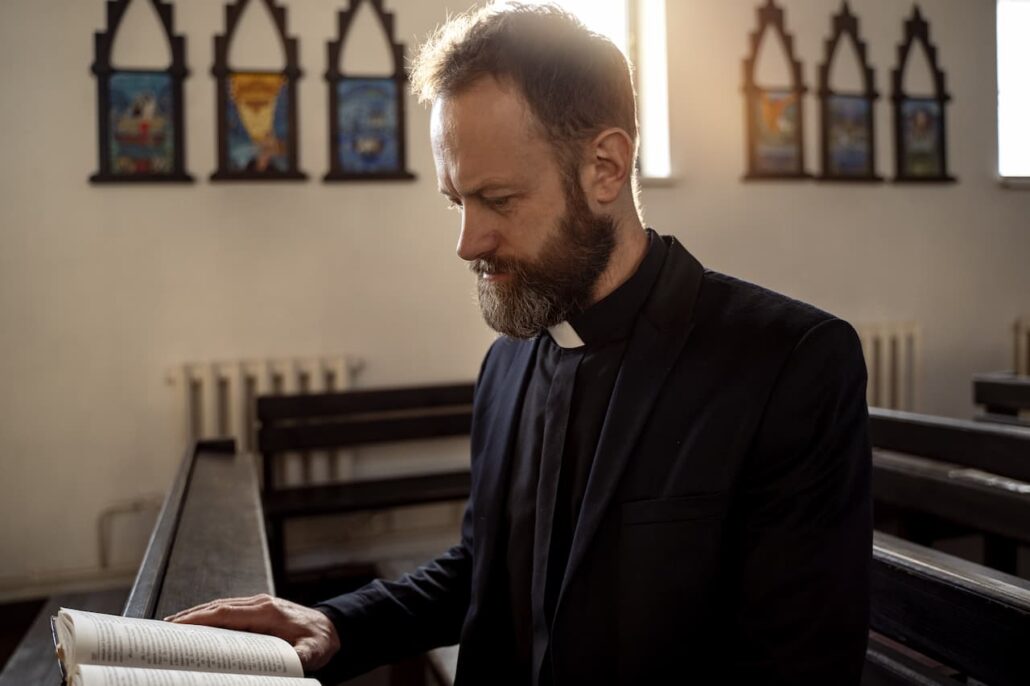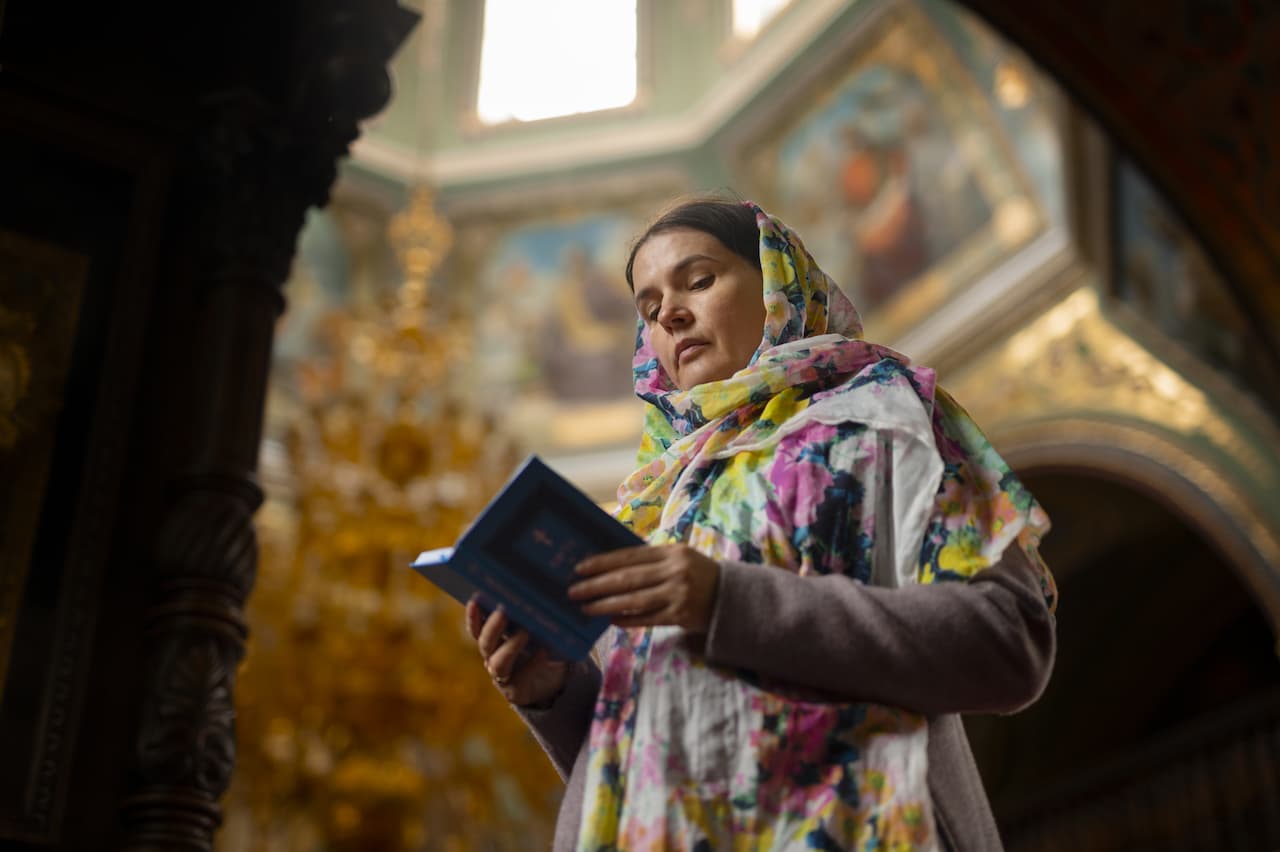The Historical Roots of Catholicism in America
Catholicism in the United States has deep historical roots that trace back to the early European settlers. The first Catholic presence was established by Spanish explorers and missionaries in the 16th century, particularly in what is now Florida and the southwestern parts of the country. The establishment of the first permanent European settlement, St. Augustine, Florida, in 1565, marked a significant Catholic milestone. French missionaries also played a crucial role in spreading Catholicism in the northern territories around the Great Lakes and the Mississippi River.
The influx of Irish, German, Italian, Polish, and other European immigrants in the 19th and early 20th centuries significantly bolstered the Catholic population in America. These immigrants brought with them diverse traditions and customs that enriched the American Catholic experience. The construction of numerous churches, schools, hospitals, and social service agencies underscored the growing influence of the Catholic Church in various aspects of American life. By the mid-20th century, Catholicism had become a significant force in the socio-political landscape of the United States, contributing to the nation’s cultural mosaic.
Influence and Contributions to American Society
The influence of Catholicism on American society is profound and multifaceted. Catholic educational institutions, ranging from elementary schools to prestigious universities, have made substantial contributions to the nation’s intellectual and cultural life. Institutions like Georgetown University, founded in 1789, and the University of Notre Dame, established in 1842, have played pivotal roles in shaping educational standards and promoting social justice.
The Catholic Church has also been a formidable advocate for social change and humanitarian efforts. Through organizations such as Catholic Charities USA, the Church has been at the forefront of providing services to the poor, homeless, and marginalized communities. The Church’s commitment to social justice is further evidenced by its active participation in civil rights movements and its advocacy for immigrant rights.
Politically, American Catholics have made significant impacts, with notable figures such as President John F. Kennedy, the first Catholic president, paving the way for greater acceptance and integration of Catholics in mainstream political life. The influence extends to the Supreme Court, where Catholic justices have often played key roles in pivotal decisions.
Engaging with modern American society
As the Catholic Church in the USA confronts contemporary challenges, it is also exploring new ways to engage with modern American society. One of the most promising avenues is through digital evangelization. The rise of social media and digital platforms provides the Church with unprecedented opportunities to reach broader audiences, especially younger generations who are more connected online than in traditional church settings. Parishes and dioceses across the country are increasingly using social media, podcasts, and streaming services to share their messages, conduct virtual masses, and create online communities.
In addition to digital outreach, the Church is also emphasizing the importance of personal engagement and community building. Initiatives such as small faith-sharing groups, youth ministries, and lay leadership programs are helping to foster a sense of belonging and active participation among Catholics. These programs often focus on addressing contemporary issues from a faith perspective, providing support and guidance on topics like mental health, family life, and social justice.

Modern Challenges and the Path Forward
Despite its rich history and significant contributions, the Catholic Church in the United States faces numerous modern challenges. One of the most pressing issues is the decline in church attendance and religious affiliation among younger generations. This trend is part of a broader secularization occurring in many Western countries. The Church is actively seeking ways to engage young people and make religious practice more relevant to contemporary life.
Another major challenge is the sexual abuse scandal that has rocked the Church over the past few decades. The revelations of abuse and the subsequent cover-ups have led to a crisis of trust and credibility. The Church has implemented various measures to address the issue, including stricter safeguarding policies and support systems for victims, but the path to full recovery and reconciliation remains complex and ongoing.
Furthermore, the Catholic Church must navigate the evolving landscape of socio-political issues, including debates on abortion, LGBTQ+ rights, and religious freedom. Balancing doctrinal adherence with the need for compassionate and inclusive pastoral care is a delicate task. The Church’s positions on these issues often place it at the center of national debates, requiring a nuanced approach that respects both its traditions and the diverse views of its followers.
In conclusion, Catholicism in the USA has a storied past marked by significant contributions to American society. However, it also faces considerable challenges that require introspection, adaptation, and engagement with modern realities. The Church’s ability to address these issues while maintaining its core values will determine its future role and influence in American society.
